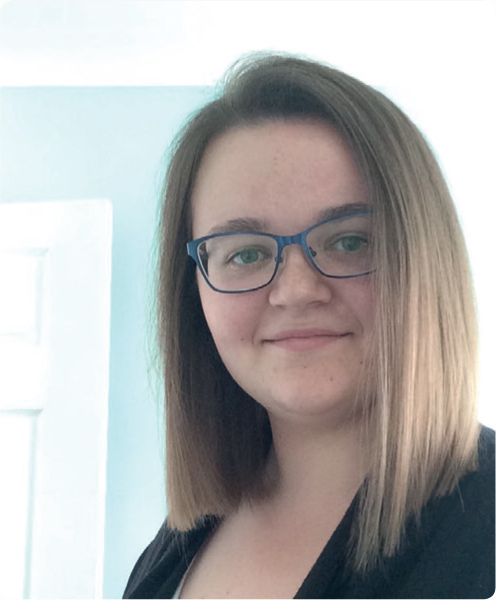
Paramedic practice is one of the newest healthcare professions, with professional registration having only been introduced in 2000. Consequently, as training programmes are still in development, most clinicians have had different educational experiences. Some of the more recently qualified paramedics have spent 3~years at university while those who have been practising since before the profession's registration have had more traditional training. Regardless of entry route to the paramedic profession, most clinicians will have students third-manning whom they are expected to guide and teach throughout their shift together. I've previously written about the benefits of working with so many different health professionals as a student—however, it can also make things more complicated than working with the same person all the time.
Last year, as a first year, I found it quite difficult to settle into a routine as I worked with so many practice educators who each recommended that I follow their style of working as it was what worked best for them. At university, I've learned about the medical model and the pathways available to patients but we're never taught about all the variations of paramedic practice and all the little differences among clinicians! There are so many different ways of working from the way that electronic patient records (EPRs) are written, to scene management and job delegation. As a first year, I would observe the decision-making style of the practice educator I was working with regarding the most appropriate pain relief, how they would run a job and the care pathways available at the time of the job. I found learning about their individual preferences useful to a degree but, ultimately, I struggled to find my own way of working.
Now that I'm in second year, however, the reigns have been loosened a bit as we've been taught more clinical skills and are expected to attend jobs as best as we can. As I've been completing the EPR independently, I've found what works best for me. I've also either been involved in, or made decisions myself regarding patient care, which has really benefitted me. After jobs, I've found it useful to discuss with my practice educator if there were any other alternative management strategies or pathways for the patient, and I've found it useful to realise there is often more than one suitable route.
As a consequence of the relative (but supervised) freedom I've been given in second year, I've become more confident with the decisions I'm making because I have to justify my reasoning with my practice educator. Upon reflection, I realise that as my clinical reasoning skills were limited as a first year, exposure to different ways of working provided me with techniques that I have since used to develop my own practice, even if I didn't realise it at the time. I now have a better knowledge base that has come with experience, and the confidence to challenge a decision—as I know there is rarely only one right answer.

